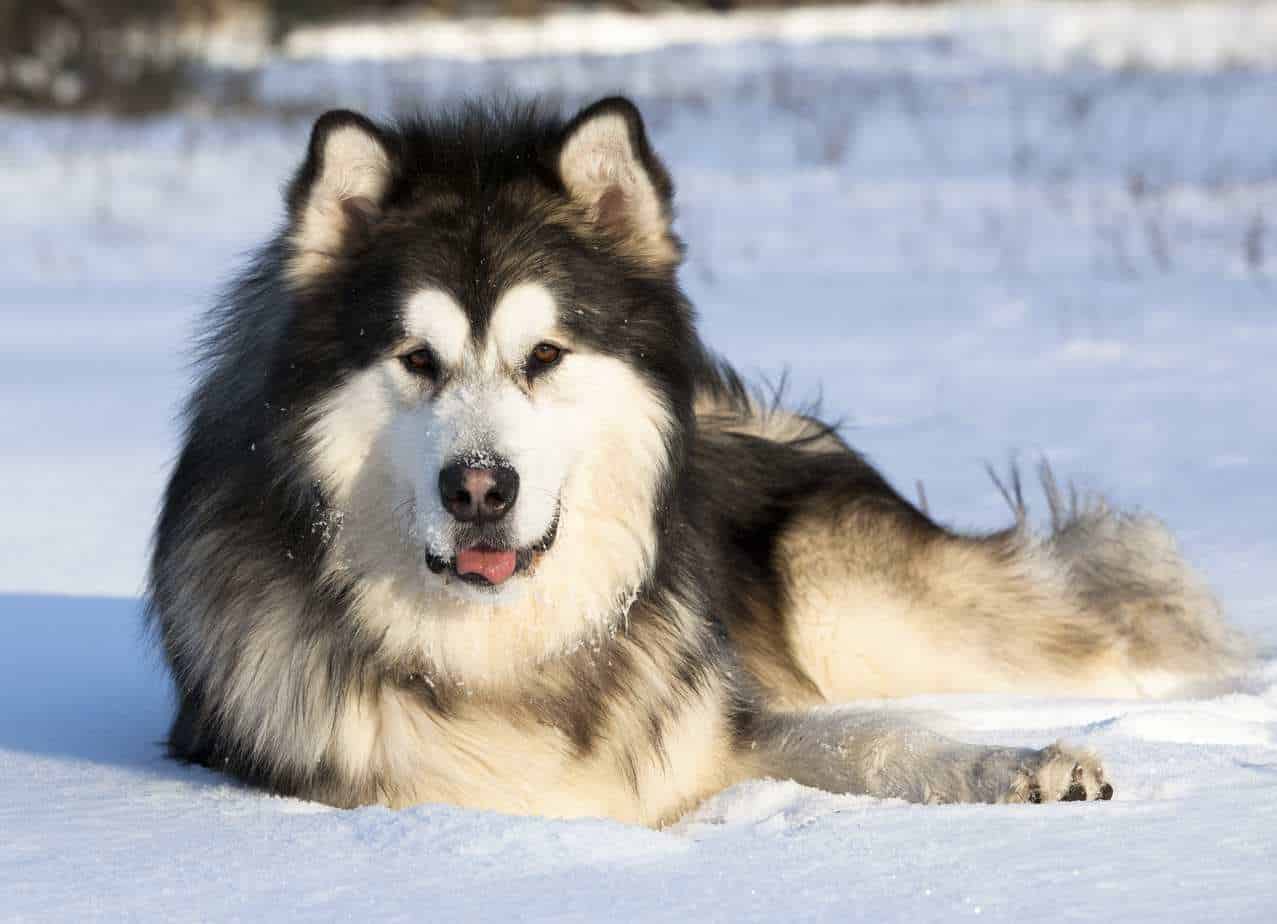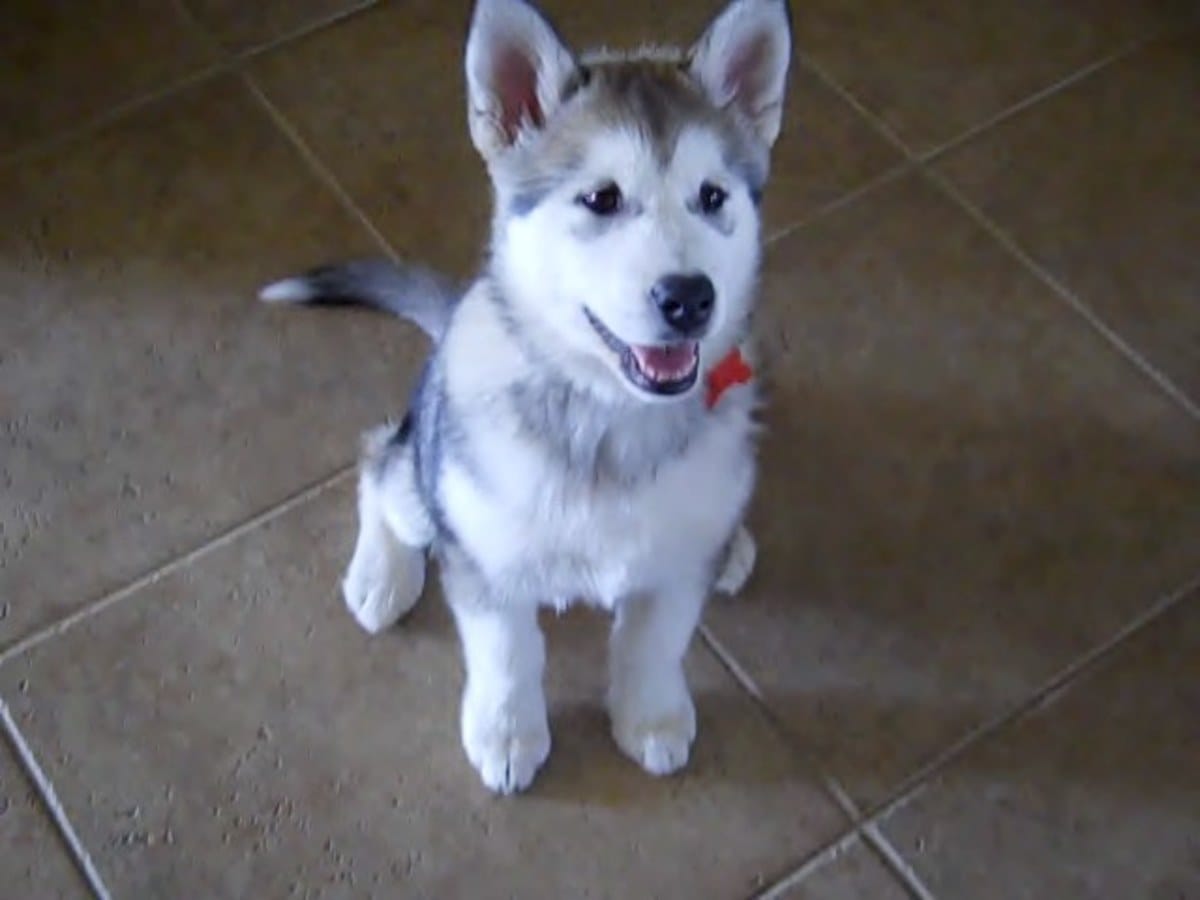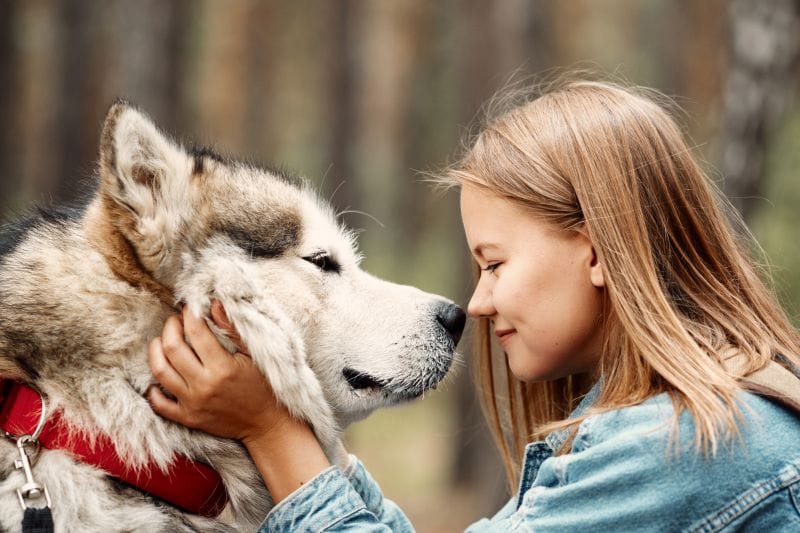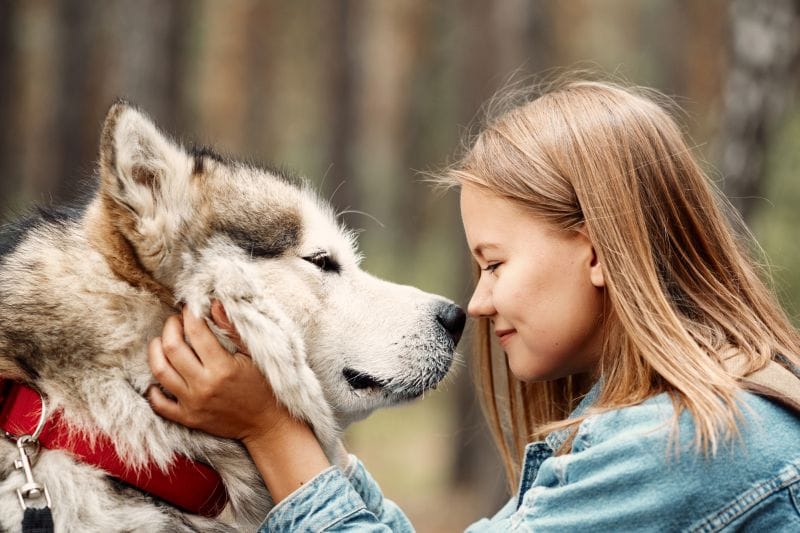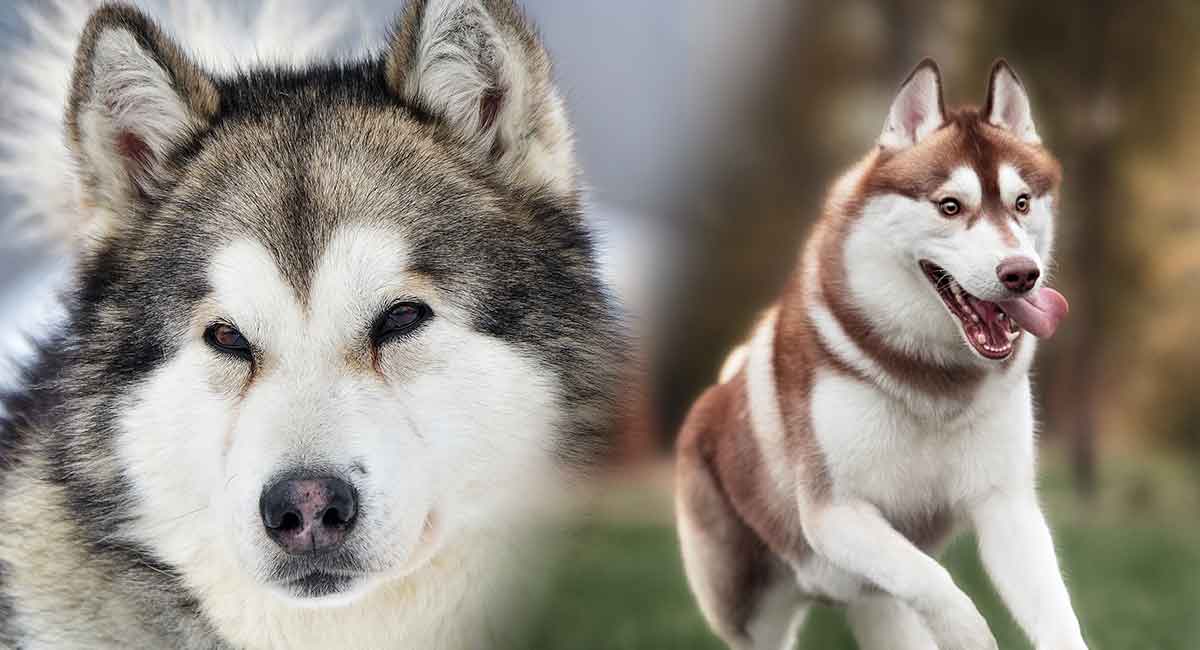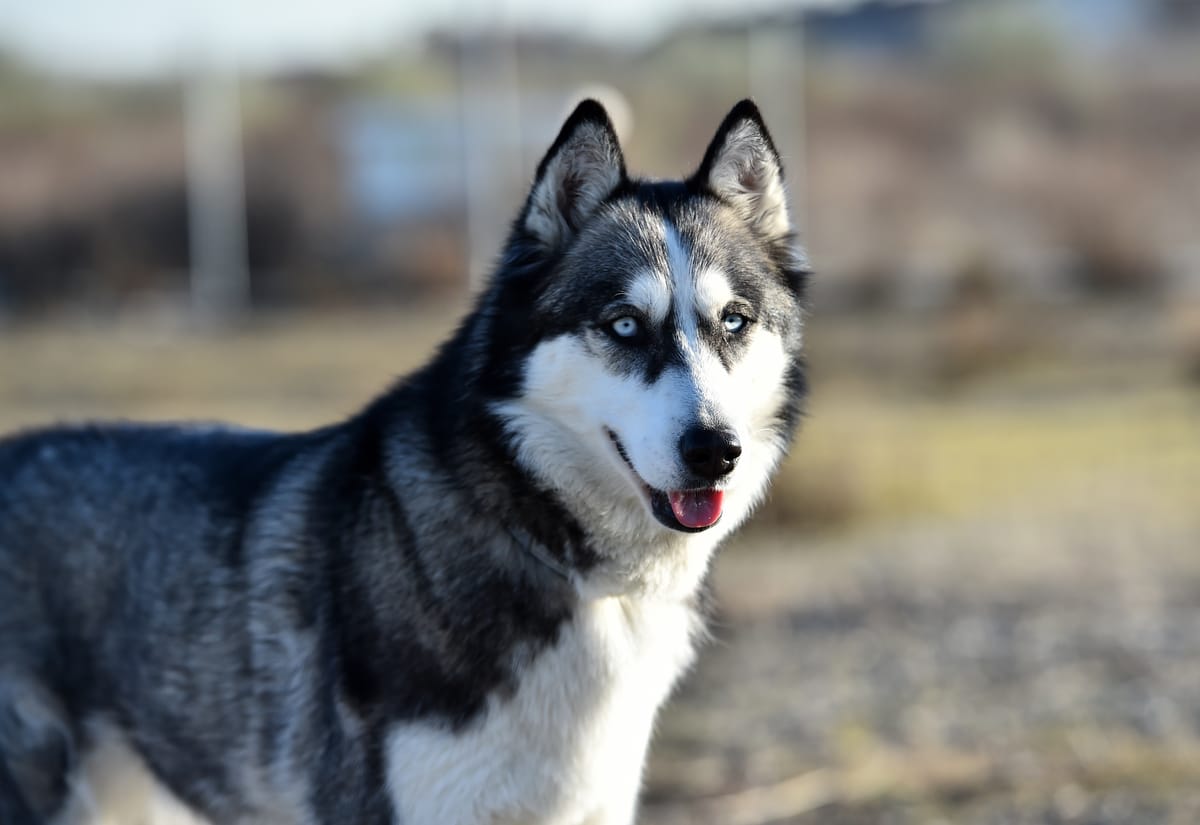Are you fascinated by the allure of the Alaskan Malamute? This striking breed, known for its strength, endurance, and captivating appearance, has captured the hearts of dog enthusiasts worldwide. In this article, we embark on a journey of discovery, exploring the origins, physical attributes, temperament, care requirements, and more, all aimed at helping you understand and appreciate the remarkable Alaskan Malamute.

The Alaskan Malamute, a breed often associated with strength, resilience, and an endearing disposition, has a rich history and a strong bond with humans. From its origins in the Arctic regions to its modern role as a beloved companion, the Alaskan Malamute's journey is nothing short of captivating.
Origins and Historical Significance
Rooted in the traditions of native Inuit tribes, the Alaskan Malamute was bred for essential tasks such as sledding and hauling heavy loads. This breed played a crucial role in the survival of these tribes, highlighting its historical importance and close connection with human communities.
Physical Characteristics: A Glimpse of Magnificence
- Sturdy Build: The Alaskan Malamute boasts a robust and powerful physique, well-suited for the challenging environments they were bred to thrive in.
- Distinctive Coat: Their thick double coat provides insulation against the cold, with a coarse outer layer and a dense, woolly undercoat.
- Wolf-Like Appearance: With striking features reminiscent of their wild ancestors, Alaskan Malamutes have a commanding presence that exudes both strength and grace.
- Plumed Tail: One of their most recognizable features, the Malamute's plumed tail curls gracefully over their back, adding to their majestic allure.
- Expressive Eyes: Their almond-shaped eyes are a window to their soul, reflecting intelligence, curiosity, and a gentle nature.
Alaskan Malamutes' Weight and Size
The weight and size of Alaskan Malamutes are striking and reflect their heritage as sled dogs in harsh Arctic conditions. These magnificent dogs typically weigh between 75 to 100 pounds (34 to 45 kilograms) for females and 85 to 125 pounds (39 to 57 kilograms) for males. Standing at a height of 23 to 25 inches (58 to 64 centimeters) for females and 25 to 28 inches (64 to 71 centimeters) for males, they command attention wherever they go.
Temperament and Personality Traits
- Gentle and Friendly: Alaskan Malamutes are known for their warm and friendly disposition, making them excellent companions for families and individuals alike.
- Loyal Companions: Their strong bond with their human family members is a testament to their loyalty and dedication.
- Playful Demeanor: Despite their imposing size, Malamutes retain a playful and youthful spirit, often engaging in joyful antics.
- Social Interaction: They thrive on social interaction and enjoy being part of family activities, making them an integral part of the household.
- Independent Thinkers: While trainable, Alaskan Malamutes also possess an independent streak, requiring patient and consistent training methods.
Training and Socialization: Nurturing a Well-Rounded Companion

- Early Beginnings: Start training and socialization during puppyhood to establish a foundation of positive behavior and interactions.
- Positive Reinforcement: Utilize rewards and encouragement to reinforce desired behaviors, creating a joyful learning experience.
- Basic Commands: Teach fundamental commands like "sit," "stay," and "come," gradually building a repertoire of essential skills.
- Leash Training: Introduce leash manners early, ensuring enjoyable walks and outings for both dog and owner.
- Interaction with Others: Expose your Malamute to various people, animals, and environments to promote confidence and social skills.
- Ongoing Learning: Keep training sessions engaging and diverse throughout your dog's life, reinforcing their bond with you.
Grooming and Coat Care: Embracing the Fluff
- Regular Brushing: Brush the coat regularly to prevent matting and promote healthy skin and fur.
- Bathing Routine: Bathe your Malamute occasionally using a gentle dog shampoo to keep their coat clean and fresh.
- Nail Care: Trim nails as needed to prevent discomfort and maintain proper foot health.
- Ear Cleaning: Clean ears regularly to prevent infections and maintain good ear hygiene.
- Dental Care: Brush your Malamute's teeth regularly to ensure oral health and prevent dental issues.
- Checking Paws and Eyes: Routinely examine paws and eyes for any signs of discomfort or irritation.
Nutrition and Dietary Needs: Fueling the Adventure
- Balanced Diet: Provide a high-quality dog food that meets the nutritional needs of your Malamute's active lifestyle.
- Portion Control: Feed the appropriate amount to maintain a healthy weight, adjusting as needed based on activity level.
- Hydration: Ensure access to fresh water at all times to keep your Malamute properly hydrated.
- Protein and Nutrients: Look for food rich in protein, essential fatty acids, vitamins, and minerals for optimal health.
- Avoid Overfeeding: Monitor portion sizes to prevent overfeeding, which can lead to obesity and related health issues.
Exercise and Activity: Thriving on Movement
- Daily Walks: Begin with daily walks to provide mental stimulation and physical exercise.
- Interactive Playtime: Engage in interactive play sessions with interactive dog toys to keep your Malamute engaged.
- Hiking Adventures: Gradually introduce hiking to explore new environments and challenge their senses.
- Canine Sports: Participate in activities like agility, obedience, or even mushing, tapping into their innate abilities.
- Mental Stimulation: Incorporate puzzle toys and training games to keep their minds sharp and active.
- Swimming: If your Malamute enjoys water, swimming is an excellent low-impact exercise option.
Health Considerations: Nurturing a Long, Vibrant Life
- Regular Vet Visits: Schedule routine check-ups to monitor your Malamute's health and catch any issues early.
- Preventive Care: Stay up-to-date on vaccinations, parasite control, and preventive measures recommended by your vet.
- Genetic Conditions: Be aware of potential genetic conditions that Malamutes may be prone to and discuss with your vet.
- Nutrition and Weight: Maintain a healthy diet and weight to support overall well-being and reduce the risk of obesity-related issues.
- Joint Health: Pay attention to joint health, especially as your Malamute ages, to promote mobility and comfort.
Selecting Your Alaskan Malamute
- Research: Learn about the breed's characteristics, needs, and temperament to ensure a good match.
- Lifestyle Fit: Assess your lifestyle and consider if you can provide the necessary care, exercise, and attention.
- Reputable Breeders or Rescues: Choose a reputable breeder or consider adopting from a rescue organization.
- Health Checks: Ensure the puppy or dog has proper health clearances and vaccinations.
- Meet and Greet: Spend time with the potential Malamute to gauge compatibility and bond.
- Long-Term Commitment: Remember that owning an Alaskan Malamute is a lifelong commitment requiring time, effort, and care.
Introducing Your Malamute to Your Family
- Gradual Introduction: Allow your Malamute to acclimate slowly to new family members and environments.
- Positive Associations: Use treats and positive experiences to create a welcoming atmosphere.
- Supervised Interactions: Monitor interactions between your Malamute and family members, especially children.
- Safe Space: Provide a designated safe space where your Malamute can retreat when needed.
- Patience and Time: Give your Malamute time to build trust and form bonds with each family member.
Alaskan Malamutes as Family Members
- Loyal Companionship: Alaskan Malamutes are renowned for their loyalty, forming deep connections with their families.
- Playful Nature: Their playful and energetic demeanor makes them wonderful playmates for children.
- Affection and Devotion: Malamutes thrive on affection and will readily reciprocate the love they receive.
- Inclusion in Activities: Involve your Malamute in family outings and activities to strengthen your bond.
Alaskan Malamute Roles in Our Society
Sled Dogs: Continuing their historical role, Alaskan Malamutes contribute to sled dog racing and recreational mushing, showcasing their endurance and strength.
Search and Rescue: Their keen senses and sturdy build make them valuable assets in search and rescue operations, especially in snowy environments.
Therapy Dogs: Alaskan Malamutes' gentle nature and affectionate demeanor enable them to provide comfort and support as therapy dogs.
Service Dogs: In various capacities, Alaskan Malamutes can serve as guide dogs, mobility assistance dogs, and more, enhancing the quality of life for individuals with disabilities.
Dog Sports: Their athleticism shines in dog sports like agility, obedience, and weight pulling, captivating audiences with their impressive performances.
Family Companions: Above all, Alaskan Malamutes excel as loyal and loving family companions, enriching the lives of those fortunate enough to have them.
Alaskan Malamute Average Price
The cost of acquiring an Alaskan Malamute can vary significantly based on several factors. On average, the price of an Alaskan Malamute puppy from a reputable breeder can range from $1,000 to $3,000 or more. This price may fluctuate based on considerations such as the breeder's reputation, the puppy's lineage, and the region you are in.
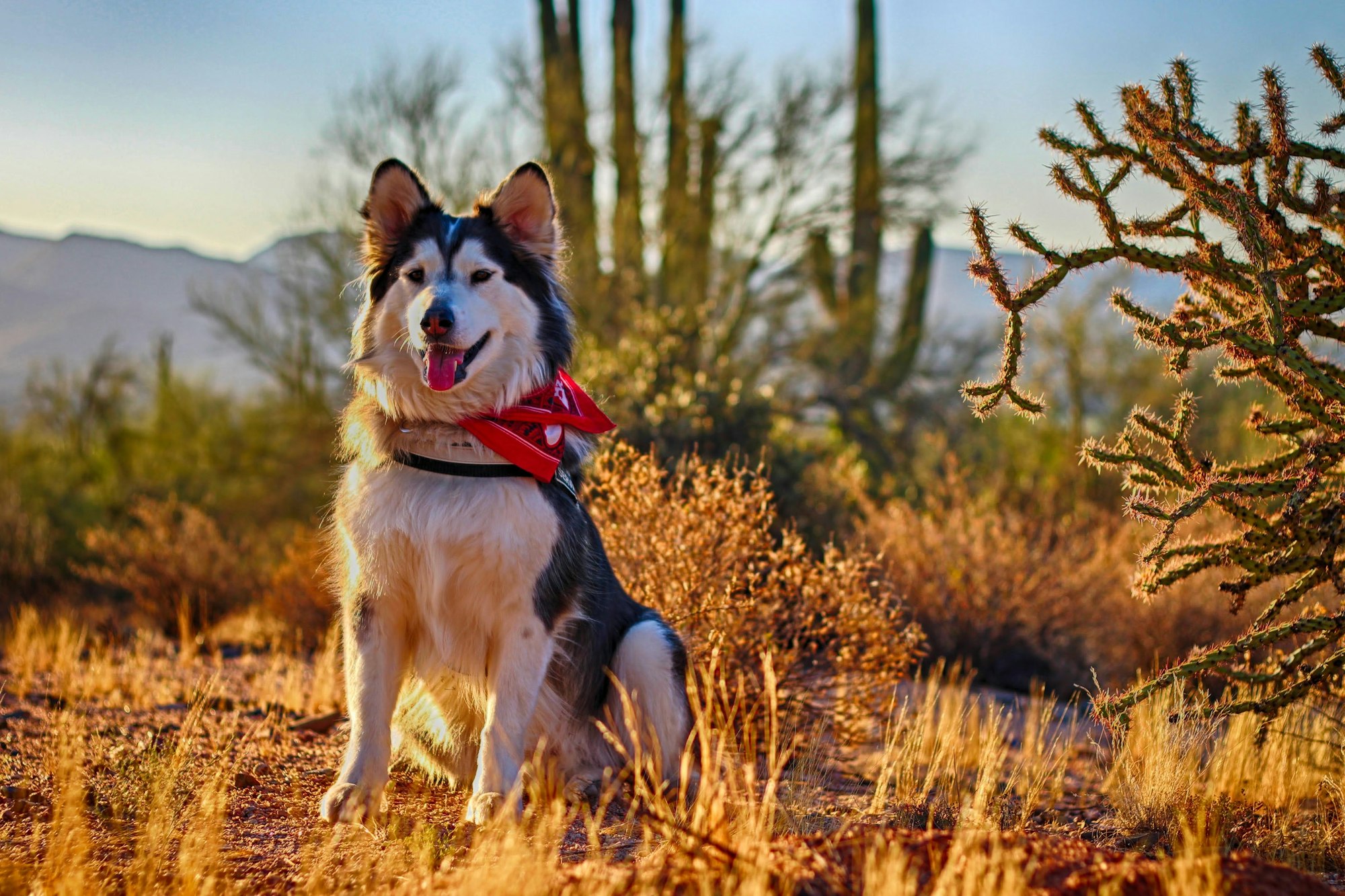
When considering the price, it's important to remember that the initial cost is just one aspect of owning a dog. Additional expenses such as veterinary care, grooming, training, and supplies should also be factored into your budget.
It's worth noting that adopting an Alaskan Malamute from a rescue organization can be a more cost-effective option. Adoption fees typically range from $100 to $500 and often include vaccinations, spaying or neutering, and sometimes even microchipping.
Malamute Health Concerns
While Alaskan Malamutes are generally robust and healthy dogs, like all breeds, they are susceptible to certain health concerns. Being informed about these issues can help you provide the best care for your furry companion:
- Hip Dysplasia: This hereditary condition can lead to hip joint degeneration and mobility issues. Regular exercise, a balanced diet, and maintaining a healthy weight can help reduce the risk.
- Eye Conditions: Alaskan Malamutes are prone to various eye problems, including cataracts and progressive retinal atrophy. Regular eye check-ups and preventive measures can safeguard their vision.
- Gastric Issues: Bloat and gastric torsion can be a concern in large breeds like Malamutes. Feeding smaller meals throughout the day and avoiding vigorous exercise after eating can help prevent these potentially life-threatening conditions.
- Hypothyroidism: Malamutes are predisposed to hypothyroidism, a condition where the thyroid gland doesn't produce enough hormones. Regular thyroid screenings and proper medication can manage this condition effectively.
- Coat and Skin Problems: Their thick coat can make Alaskan Malamutes prone to skin irritations, hot spots, and allergies. Regular grooming, proper nutrition, and regular vet visits can help maintain healthy skin and coat.
- Osteoarthritis: As they age, Malamutes may develop osteoarthritis, leading to joint pain and mobility challenges. Providing joint supplements, maintaining a healthy weight, and low-impact exercise can support their joint health.
Malamute Myths Unveiled: Debunking Common Misconceptions
Myth 1: Alaskan Malamutes are Aggressive
Reality: Alaskan Malamutes are known for their gentle and friendly nature. While they possess a strong and imposing appearance, their temperament is typically affectionate and sociable. Proper training and socialization play a key role in shaping their behavior.
Myth 2: Malamutes Cannot Live in Warmer Climates
Reality: While Alaskan Malamutes are adapted to cold environments, they can live in warmer climates with proper care. Providing shade, hydration, and avoiding strenuous activities during hot periods can help them thrive.
Myth 3: Malamutes Don't Need Training Due to Their Size
Reality: Regardless of size, all dogs benefit from training. Training enhances the bond between you and your Malamute and ensures they become well-behaved companions.
Myth 4: Malamutes are Low-Energy Dogs
Reality: Malamutes are energetic and require regular exercise to stay happy and healthy. Engaging them in physical and mental activities is essential for their well-being.
Myth 5: Malamutes are Ideal Guard Dogs
Reality: While their appearance may deter some intruders, Malamutes are generally not aggressive guard dogs. They are more likely to greet strangers with curiosity and friendliness.
Conclusion: Embracing the Alaskan Malamute's Splendor
In conclusion, the Alaskan Malamute's majestic allure extends far beyond its striking appearance. From their historical significance to their role as cherished family members, these dogs continue to capture our hearts. By understanding their unique needs and embracing their spirited personalities, we ensure that the legacy of the Alaskan Malamute remains vibrant and enduring.
FAQs: Uncovering More About the Alaskan Malamute
- Q1: Do Alaskan Malamutes require a lot of exercise?
Yes, Alaskan Malamutes are active and energetic dogs that require regular exercise to stay healthy and happy. Daily walks, playtime, and engaging activities are essential to meet their exercise needs.
- Q2: Are Alaskan Malamutes difficult to train?
Alaskan Malamutes are intelligent but can have an independent streak. Consistent and positive training methods work best, and early training and socialization are crucial for their development.
- Q3: Do Alaskan Malamutes get along with other pets?
Alaskan Malamutes can get along with other pets, especially if they are introduced at a young age. However, their prey drive may be strong, so proper introductions and supervision are important.
- Q4. Are Alaskan Malamutes prone to health issues?
Like all breeds, Alaskan Malamutes can have certain health issues, such as hip dysplasia and eye conditions. Regular veterinary check-ups and a healthy lifestyle can help mitigate potential health risks.
Read more about the Alaskan Malamute in these related articles:
